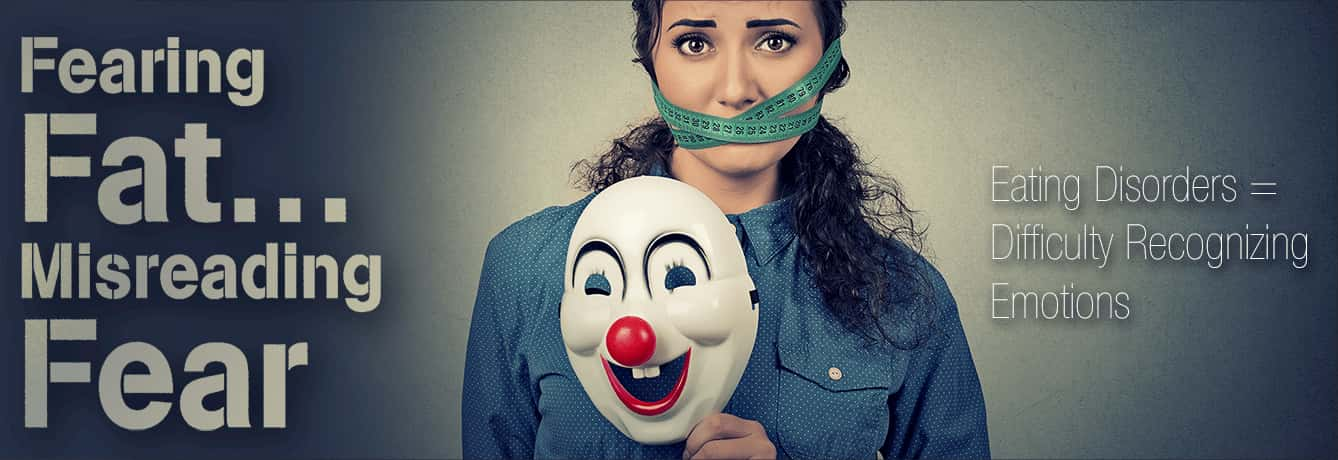Worries about body image may make it harder to read expressions, new research suggests. According to a study published in the journal Appetite, women with eating disorders — bulimia, extreme fear of weight gain — are also less likely to detect and identify emotional facial expression in others.
Researchers showed photos of various faces to 80 female coeds, half of whom scored high on the Eating Disorder Index (EDI). This group was 35% less likely to recognize anger, and 14% less likely to recognize fear, compared to women with low EDI scores. Why might this be? Previous research links eating disorders with increased anger and anger suppression — and trying to bottle one’s own anger might make it harder to detect anger in others. Another culprit: Abnormalities within the amygdala, which processes emotion and regulates eating.
It’s also possible that disordered eating could aggravate nutrient deficiencies that could interfere with emotional balance. Previous studies have linked low levels of folate, omega-3 fatty acids and vitamin D with depression. This may help explain why British researchers found that people who ate the healthiest, nutrient-rich, whole-food diets were 26% less likely to be depressed, while those who ate the most junk food were 58% more likely to suffer the blues. While unhealthy eating behaviors and emotional distress/disconnect may feed one another, we can all take a step toward better physical and emotional wellbeing by choosing more fruit and vegetables.
Published January 1, 2013



